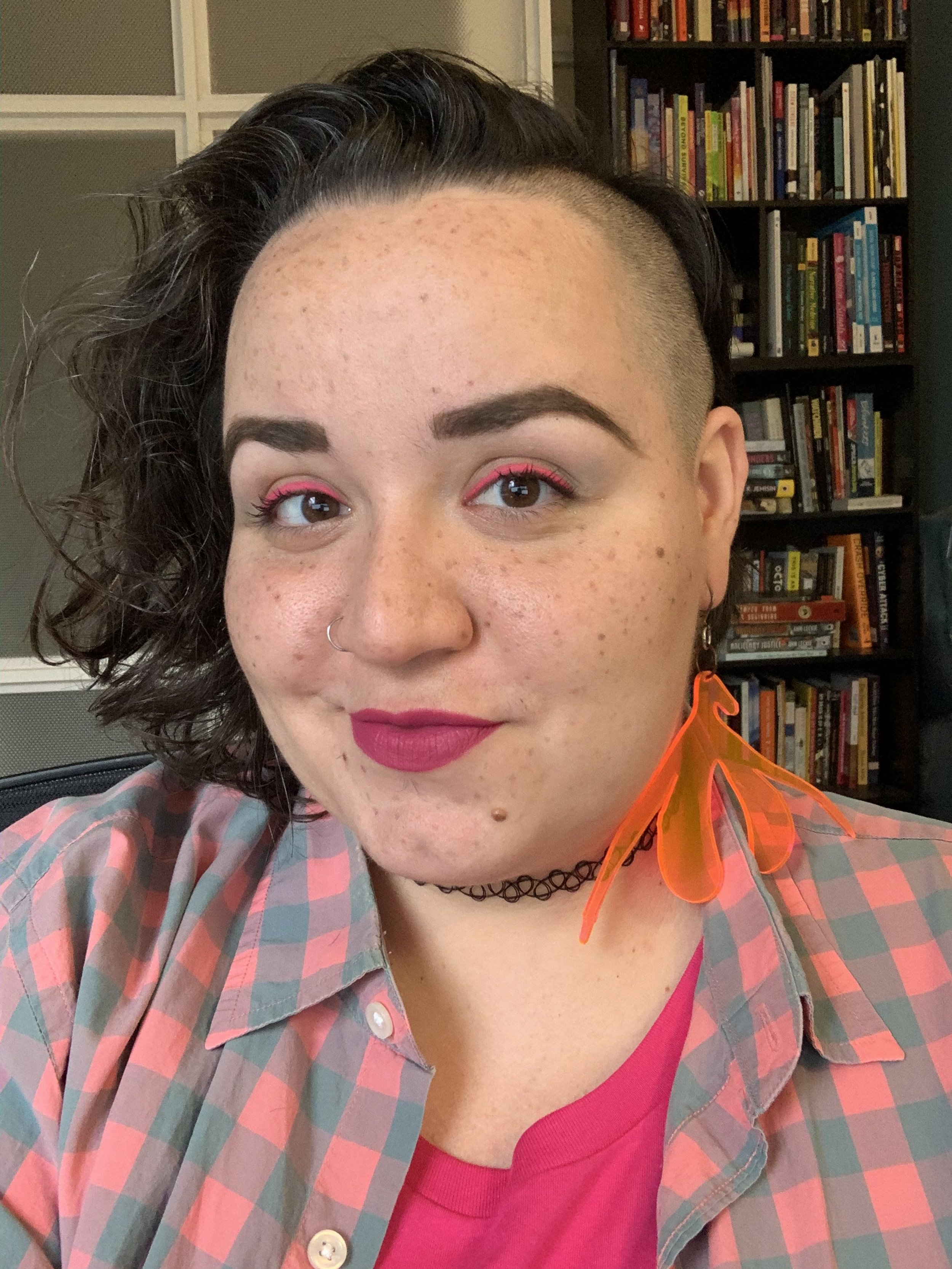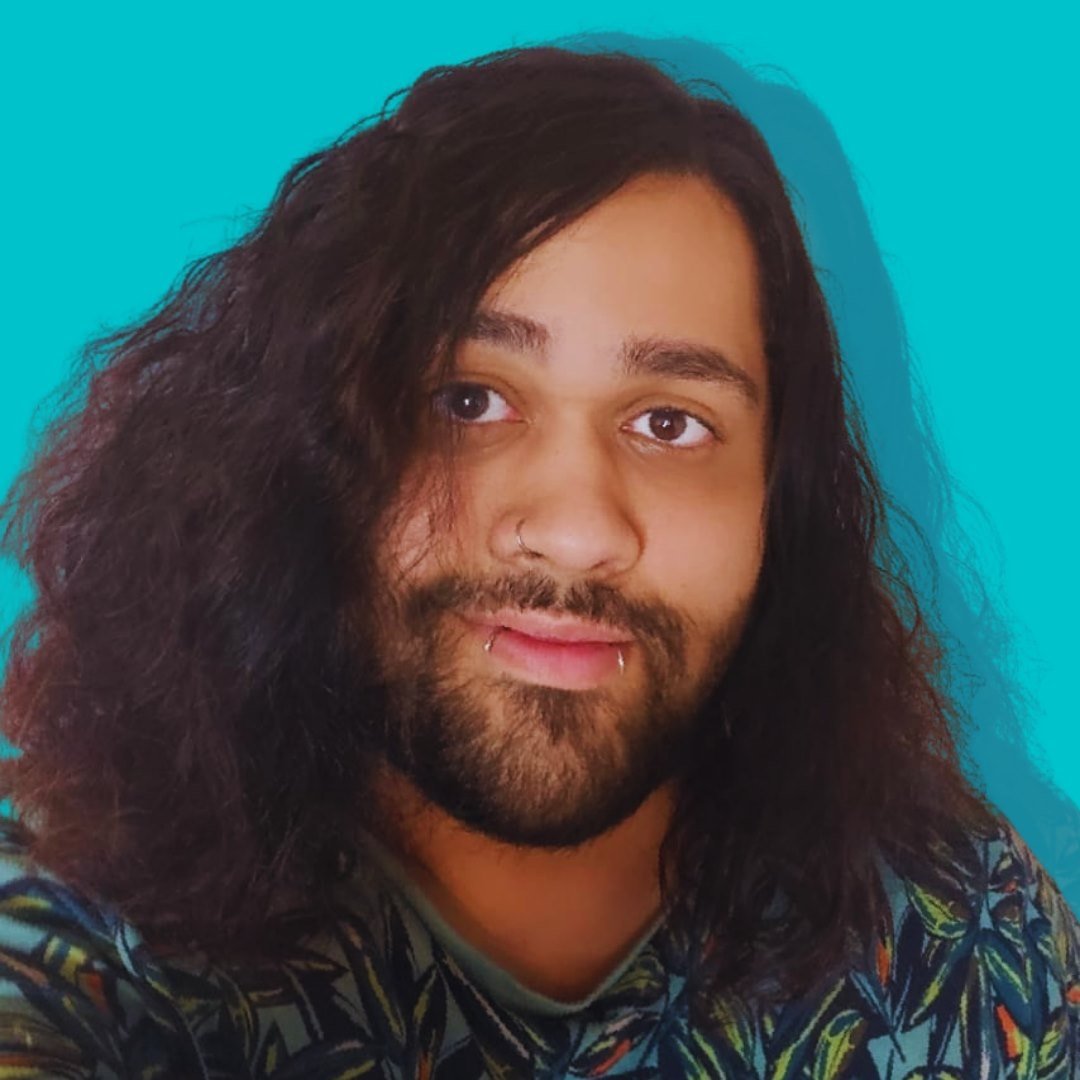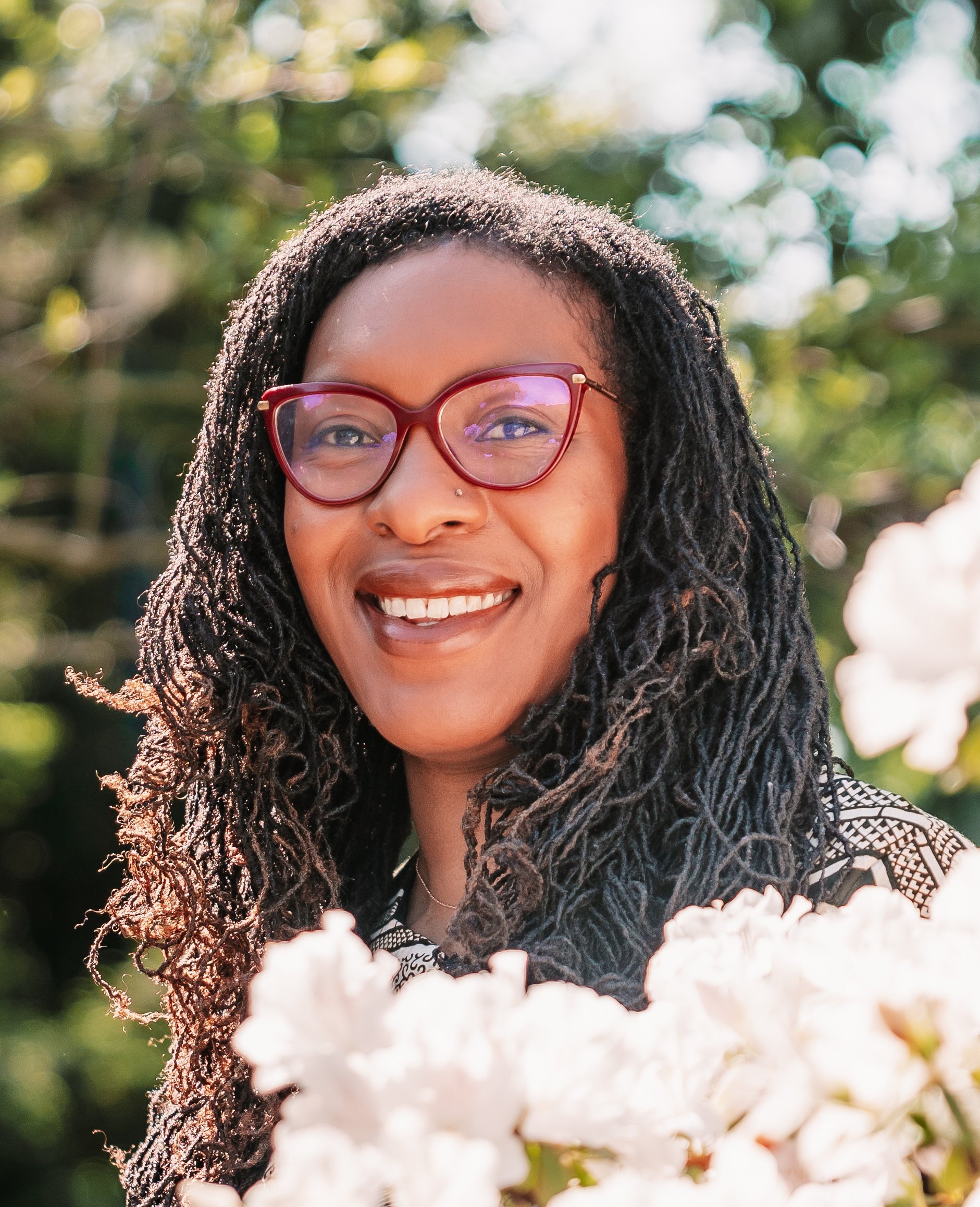About the Series
Since September 2020, IDHA’s Decarcerating Care discussion series has reached more than 6,000 people with urgent dialogue about alternatives to policing that are rooted in the lived experience of mental health service users and survivors. Prior installments explored how to maintain the safety and health of our communities while preserving the rights and autonomy of those in crisis; the ways in which services and "reforms" inherently uphold the ongoing coercion and control of marginalized communities; and concrete steps and tools providers can take to decarcerate their practice.
About the Event
The mental health system is steeped in oppressive ideologies and histories. White supremacy is responsible for the erasure and co-optation of Indigenous cultures of care, healing practices, and ways of knowing that bring us closer to collective liberation. In order to transform and divest from oppressive systems that prioritize control over care, commercialize distress, and treat symptoms rather than root causes, we must bridge ancient practices with emergent possibilities, while not appropriating those practices. This involves honoring and uplifting traditional forms of knowledge, and drawing upon decades of organizing – led by and for mad, disabled, and neurodivergent activists and survivors – that have yielded strategies that can be tailored and workshopped for a wide range of contexts.
On March 28, 2022, IDHA will continue the conversation with Decarcerating Care: Community-Based Healing Alternatives and How to Build Them. This fourth installment will explore the ways in which white supremacy plays out in the mental health system and movement spaces, and how we can draw upon traditional knowledge and lived experience to create more accountable, effective, and healing-centered alternatives. The success of the movement for transformative mental health depends upon our collective ability to imagine a different world, and to move others to action with these creative visions. To that end, panelists will share their experiences building and sustaining care systems that prioritize well-being, autonomy, and dignity. We seek to uplift a spectrum of formal to informal strategies, as well as those that can be deployed in and outside the public mental health system.
Please register via Eventbrite to join. After registering, you will receive a confirmation email with details on how to dial into the Zoom webinar.
Donations
IDHA is a small organization that strives to meet the accessibility needs of our community to the best of our ability. Our events are by tiered suggested donation to ensure we can provide closed captions on our events and other programs, though we strive to never turn anyone away. We appreciate donations of any size for those who have capacity to give.
Access
ASL + CART will be provided in Zoom. If we reach maximum capacity (1,000 people), this webinar will also be broadcast live on IDHA’s Facebook page (note that the Facebook stream will have ASL interpretation visible, but not live captions). The session will be recorded and shared with all registrants. If you have any questions about access, please email us at contact@idha-nyc.org.
Panelists
Aida Manduley
Aida Manduley, LICSW (they/them and elle/le) is an award-winning Latinx organizer, bilingual clinician, and international presenter known for big earrings and building bridges. Trained as a health educator, social worker, and nonprofit executive, they’re working to make the world a more equitable place and get us all more comfortable with hard conversations. Their 15+ years of training and facilitation experience has yielded a range of successful collaborations with clients ranging from Departments of Health and Ivy League institutions to small grassroots organizations and neighborhood associations. Mx. Manduley is also known for launching Rhode Island's first Sexual Health Education and Advocacy Program housed at a domestic violence agency in 2011, which included groundbreaking data-collection on LGBTQ domestic violence and building the infrastructure to provide on-site HIV testing. Past projects include crisis-response with victims of sexual assault, consulting with state departments on LGBTQ health, and extensive leadership on a number of national and regional coalitions on HIV & STI prevention, BIPOC development, sexuality education, and anti-violence.
As a Boston-based therapist, their practice focuses on trauma and communities marginalized due to gender, sexuality, and race. However, they are also devoted to merging clinical acumen with macro efforts through involvement in various projects exploring community-grounded and alternative responses to violence since 2011—including the more recent development of Cambridge HEART (Holistic Emergency Alternative Response Team)—as well as the development of clinical treatment guidelines for stigmatized communities.
Vesper Moore
Vesper Moore (they/them) is a mad liberation activist, trainer, writer, and psychiatric survivor. They have been advocating as a part of the mad disability rights movement for several years and have been the recipient of many social justice and diversity awards. Vesper has brought the perspectives of mad people, disabled people, and psychiatric survivors to national and international spaces. They have experience working as a consultant for both the United States government and the United Nations in shaping strategies around trauma, intersectionality, and disability rights. They have been at the forefront of legislative reform to shift the societal paradigm around mental health. Vesper as a mad queer indigenous person has made it their life’s mission to rewrite the narrative mental health-industrial complex has enforced on our society.
Yolo Akili Robinson
Yolo Akili Robinson (he/him) is a non binary award-winning writer, healing justice worker, yogi and the founder and Executive Director of BEAM (Black Emotional and Mental Health Collective). BEAM is a national training, movement building and grant making organization dedicated to the healing, wellness and liberation of Black communities. Yolo has worked primarily in three areas: Batterers intervention/family counseling with Black men and boys, HIV/AIDS, and healing justice/wellness. In 2018, Yolo was awarded the prestigious Robert Wood Johnson Foundation "Health Equity Award" for his work. He was also featured at the 2020 BET Awards as an "Empowerful Spotlight," highlighting his work facilitating the vision of BEAM. His writings and work have appeared on Shondaland, GQ, Women's Health, USA Today, Vice, BET, Huffington Post, Cassius, Ebony, Everyday Feminisms and more. He is the author of the social justice themed affirmation book, "Dear Universe: Letters of Affirmation & Empowerment for All of Us" (Michael Todd Books, 2016) and a contributor to Tarana Burke and Dr. Brené Brown's anthology on Black vulnerability and shame resilience, "You are Your Best Thing" (2021, Random House Books).
As U.S. Justice Program Officer at Open Society Foundations, Gretchen Rohr launched a grantmaking portfolio focused on community accountability for violence, harm reduction and decriminalization of drug involvement, sex work and street economies. She currently designs rapid response initiatives and contributes to OSF’s annual selection of the Soros Justice Fellows. Gretchen most enjoys working on a participatory fund alongside healers and field activists, developing infrastructure for a transformative justice movement led by survivors failed by policing, imprisonment and state surveillance. Prior to her arrival at Open Society Foundations, Gretchen Rohr served as a Magistrate Judge at the D.C. Superior Court. Motivated by the hopelessness of litigants before her and the experiences of her own family’s cycling through the carceral system, Gretchen left the bench in 2016 to help communities redesign justice systems beyond the constraints of a punitive paradigm. Gretchen has lectured extensively across the country on effective workforce and leadership development for incarcerated youth and adults, reconciliation and restorative practices for building safe communities, and legal procedures which resolve instead of add to people’s traumatic experience. In her free time, Gretchen is an Associate Teacher with Insight Meditation Community of Washington and serves on the Board of Directors with Zepp Wellness Center and the Buddhist Peace Fellowship. She is a graduate of the Spirit Rock Insight Community Dharma Leadership Program (CDL5) and the Generative Somatics Transformative Leadership Training. Gretchen’s work and writings are featured in Mindful Magazine, the Lion’s Roar / BuddhaDharma Magazine and the Huffington Post Pioneers Series.
Anjali Nath Upadhyay
Anjali Nath Upadhyay M.A.² (she/her) is the founder of Liberation Spring, a grassroots adult education program that offers consciousness-raising in the service of collective liberation. She also hosts the decolonial feminist podcast Feral Visions. She’s academically trained as a political scientist, philosopher, and educator. She holds an M.A. degree in Political Science from the University of Hawai‘i at Mānoa with specializations in Indigenous Politics (the only program of its kind in the US) & Political Theory & a Graduate Certificate in International Cultural Studies (the only Cultural Studies graduate program in the US that explicitly teaches scholarship from the Global South & not mostly the Western canon). She also holds an M.A. degree from the oldest Women’s Studies Department in the US (at San Diego State University) with concentrations in feminist pedagogies, epistemologies, and gender and militarization. From 2010-2014, she was a Fellow at the East-West Center in Honolulu. She double-majored in Women’s Studies and Political Science with a minor in Philosophy at California State University at Fullerton. Upon invitation, she has presented her original research at dozens of universities, in addition to professional associations, radio shows, and community events.
Anjali’s long-standing curiosities focus on learning and teaching as practices of liberation. Her community organizing has encompassed a wide range of areas, including but not limited to graduate student collective bargaining, prison abolition, Earth defense, guerrilla theater, anti-war organizing, LGBTTIQQ2SA advocacy, & popular education on transformative justice approaches to intimate partner violence. She’s currently working on a manuscript titled Pulling Weeds & Planting Seeds: a Guide to Decolonial Discernment and building the Weeds & Seeds app.
Moderator
Mayowa Obasaju
Dr. Mayowa Obasaju (she/her) is a Black, Nigerian born, American raised, womainst, clinical and community, trauma and healing focused, liberation psychologist, trainer, and educator. She is a co-founder and co-owner of Barrow & Obasaju Consulting, a social impact consulting firm that cultivates individual and organizational transformation through trauma-informed, anti-oppressive, social justice training, development, and capacity-building. In addition, Dr. Obasaju works as an Adjunct Assistant Professor at John Jay College of Criminal Justice in the Psychology Department and as a supervisor of social workers at Wediko Children's Services-NY Based School Program. She is a member of Harriet's Tracks, a group that seeks to reimagine and radicalize social service education within the US through equipping social service workers to interrupt harm and systemic violence within social services. Mayowa believes in the power of community-based, intersectional, experiential learning and organizing spaces which are accountable to the stories, lived experiences, and demands of those most impacted by oppressive systems as sites of liberation. She is consistently inspired by the legacies of Harriet Tubman and the wisdom of her toddler.







